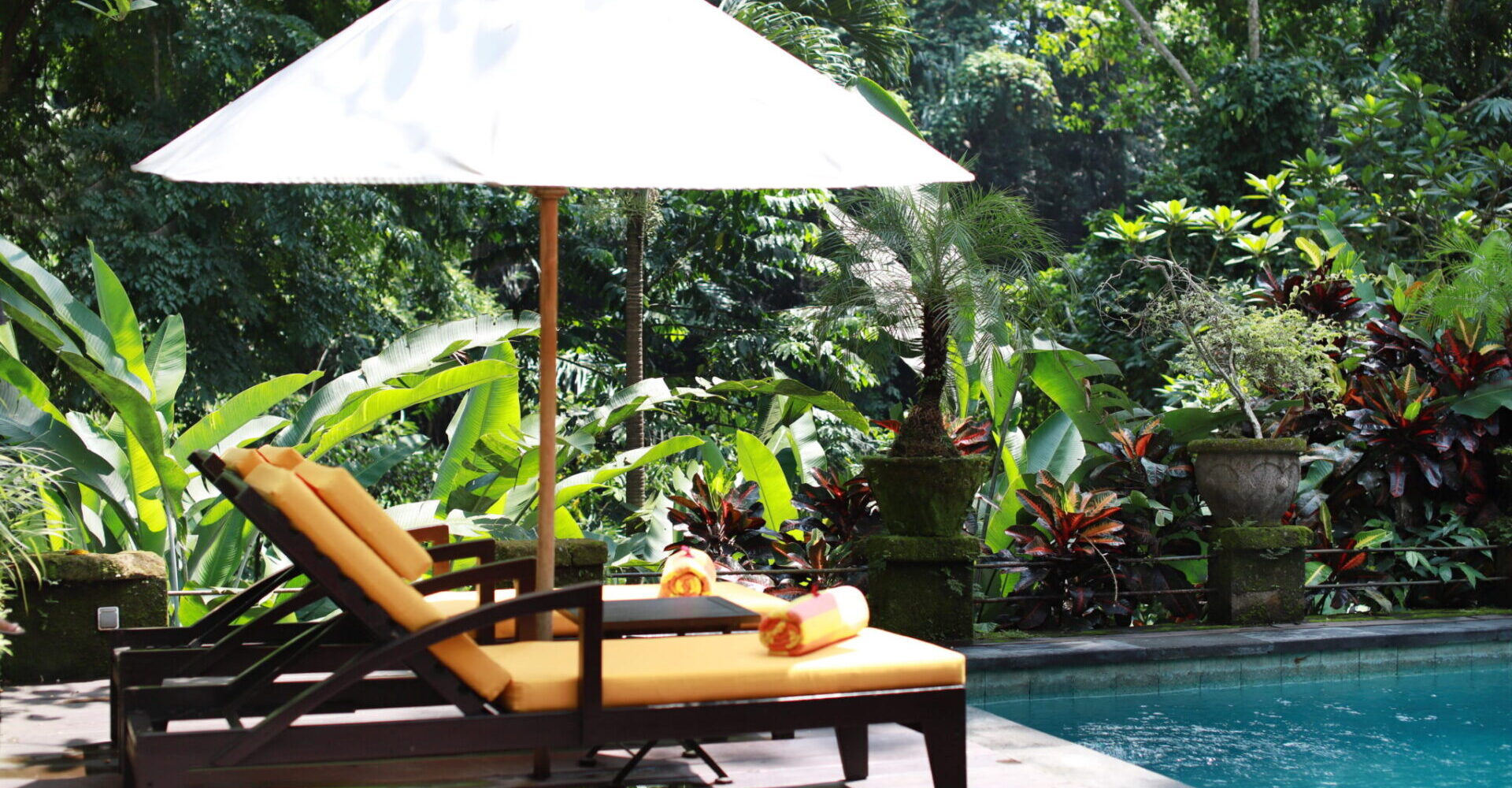Need a Detox from 2020? Do these things!
When was the last time you took your body in for a service? And I’m not talking about a yearly holiday by the beach where you eat all day and drink all night. I’m talking about giving your body the full treatment. A complete mind body detoxification and rejuvenation program, to support perfect health and long life. Was it a year ago? 2 years ago? 10 years ago? For most people, it’s NEVER!
I find it bizarre to be honest. You have one irreplaceable body that you need for life, yet no body services it, or at least nobody knows how to service it. According to Vedic texts, an individual should engage in a seasonal detoxification or rejuvenation program. In other words, you should be servicing your body four times a year. That’s not much considering you service your car two times a year, maybe?
The most effective way to service your body and give it the reset that it desperately needs, is to do regular Panchakarma programs. Panchakarma is the ultimate mind-body healing experience for detoxifying the body, strengthening the immune system, and restoring balance & well-being. It is one the most effective healing modalities in Ayurvedic Medicine. It promotes detoxification and rejuvenation. A Panchakarma treatment is different for everyone because they work with your dosha to bring you back into balance. The goal of the treatment is to not only correct imbalances, but to also clean the body of toxic materials and restore the body’s own healing ability.
Understandably we can’t be expected to go to a clinic or retreat at the end of each season to do Panchakarma. We don’t have enough time. But that doesn’t mean you can’t do smaller and more regular cleanses to support the elimination of toxins and the continual rejuvenation of your body.
So, what are some simple things you can do to support your health whilst you wait for your next Panchakarma program?
Seasonal Routines
To avoid such continued aggravation leading to imbalance of the doshas, Ayurveda prescribes a seasonal routine to preserve the doshic balance as the seasons change. For each season therefore, there is a unique diet, a distinct mode of living and routine.
Summer
Balance Pitta
- Coconut oil massage
- Drink coconut water, aloe vera juice & sweet fruit juice
- Eat mint & coriander
- Eat green leafy vegetables
- Eat Salads
- Avoid chilli, sour food, alcohol, vinegars and coffee
Autumn
Balance Vata
- Black sesame oil massage
- Practice yoga, pranayama and meditation daily
- Drink Ayurvedic herbal milk
- Drink lots of herbal tea
- Cook with ghee
- Eat warm cooked foods
- Eat root vegetables
- Cook with cinnamon, cardamom, ginger & hing
- Avoid raw, cold, dry, rough & light foods
Winter
Balance Vata in the early part of winter and balance Kapha in the late part of Winter
Spring
Balance Kapha
- Punarnava oil massage
- Drink ginger tea
- Increase physical activity
- Cook with black pepper, chilli, paprika, ajwain, ginger, garlic and horseradish
- Eat light meals (e.g. soups and dal)
- Avoid sleeping during the day
- Avoid wheat, dairy, sugar, soy, processed foods, meat
Anti-Ama Diet
The wrong diet, habits, lifestyle, incompatible food combinations, seasonal changes, repressed emotions and stress factors can all act either together or separately to change the balance of vata, pitta and kapha. According to the nature of the cause, vata, pitta or kapha undergo aggravation or derangement, which affects the agni (gastric fire) and produces ama (toxins). This ama enters the blood stream and is circulated throughout the body, clogging the channels. Retention of toxins in the blood results in toxemia.
This accumulated toxicity, once well established, will slowly affect prana (vital life energy), ojas (immunity), and tejas (cellular metabolic energy), resulting in disease.
- Cut out all cold drinks, such as water, juice, carbonated drinks, milk etc.
- Cut out all cold foods, such as raw vegetables, salads, cold meats etc.
- Cut out all leftovers (food should be no more than 12-24 hours old)
- Cut out all frozen food
- Cut out all microwaved food
- Cut out all take away food
- Don’t consume:
- Alcohol
- Coffee
- Yoghurt, ice-cream and cheese
- Yeast, vinegar, pickled & deep fried food
- Cashews, peanuts & walnuts
- Bananas, avocados, pineapples & cucumber
- Pumpkin, mushroom, tomato, eggplant, potato & red capsicum
- Brown rice, kidney beans and black lentils
- Red meat
Nasya
The nose is the doorway to the brain and it is also the doorway to consciousness. The nasal administration of medication is called nasya. An excess of bodily humors accumulated in the sinus, throat, nose or head areas is eliminated by means of the nearest possible opening, the nose. Prana, life force as nerve energy, enters the body through the breath taken in through the nose. Prana is in the brain and maintains sensory and motor functions. Prana also governs mental activities, memory, concentration and intellectual activities. Deranged prana creates defective functioning of all these activities and produces headaches, convulsions, loss of memory and reduced sensory perception. Thus nasal administration, nasya, is indicated for prana disorders, sinus congestion, migraine headaches, convulsions and certain eye and ear problems. Breathing also can be improved through nasal massage.
Sukhavati Detox Programs
The Sukhavati Wellness Retreat also offers Detoxification Programs at our luxury retreat in Bali to improve your health, wellbeing, and address underlying causes of illness. Call us today.
For more information about this article, please email rejuvenation@sukhavatibali.com.



